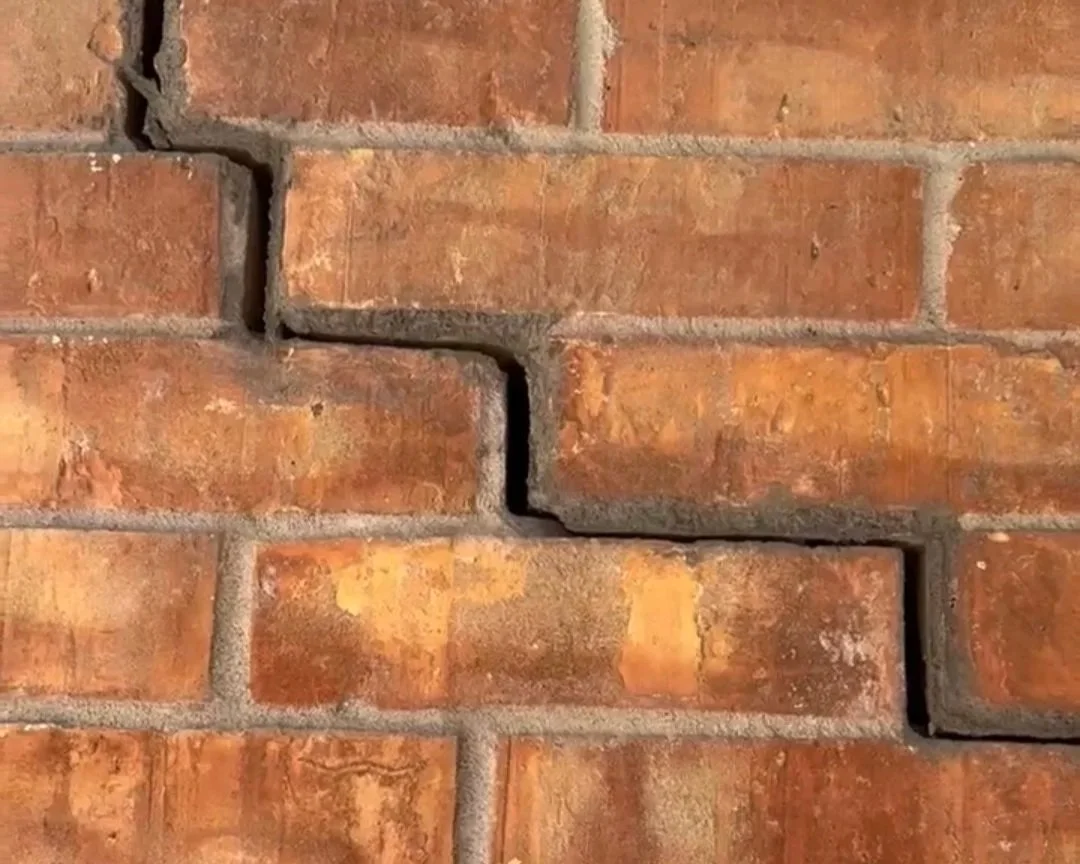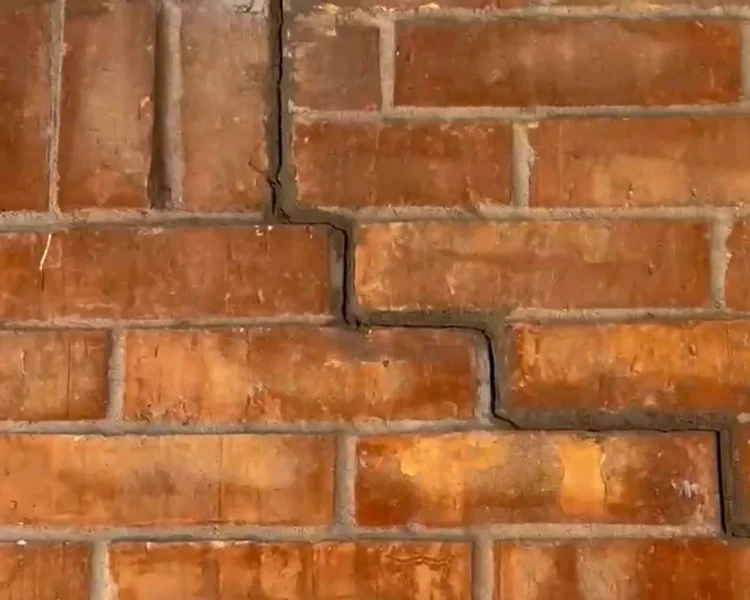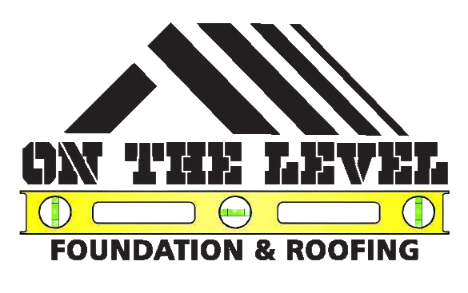Stronger foundations. Safer roofs. Better homes.
Solutions Built for South Texas
-

Slab Foundation Repair
What should we know about the services you provide? Better descriptions result in more sales.
-

Pier & Beam Foundation Repair
What should we know about the services you provide? Better descriptions result in more sales.
-

Underslab Plumbing
What should we know about the services you provide? Better descriptions result in more sales.




Building Trust and Stability from the Ground Up Since 1996.
For nearly 30 years, homeowners have counted on us to protect their most important investment from the ground up, delivering expert foundation repair that ensures lasting stability, structural integrity, and peace of mind for generations to come.
Why Choose Us?
HONEST HOME INSPECTIONS
Thorough, transparent evaluations that give you the full picture — no hidden issues, no inflated repairs.
LIFETIME TRANSFERABLE WARRANTY
Coverage that stays with the home, giving future owners the same lasting protection and peace of mind.
PROFESSIONAL & RELIABLE WORK
Experienced crews delivering quality craftsmanship on time, every time.



